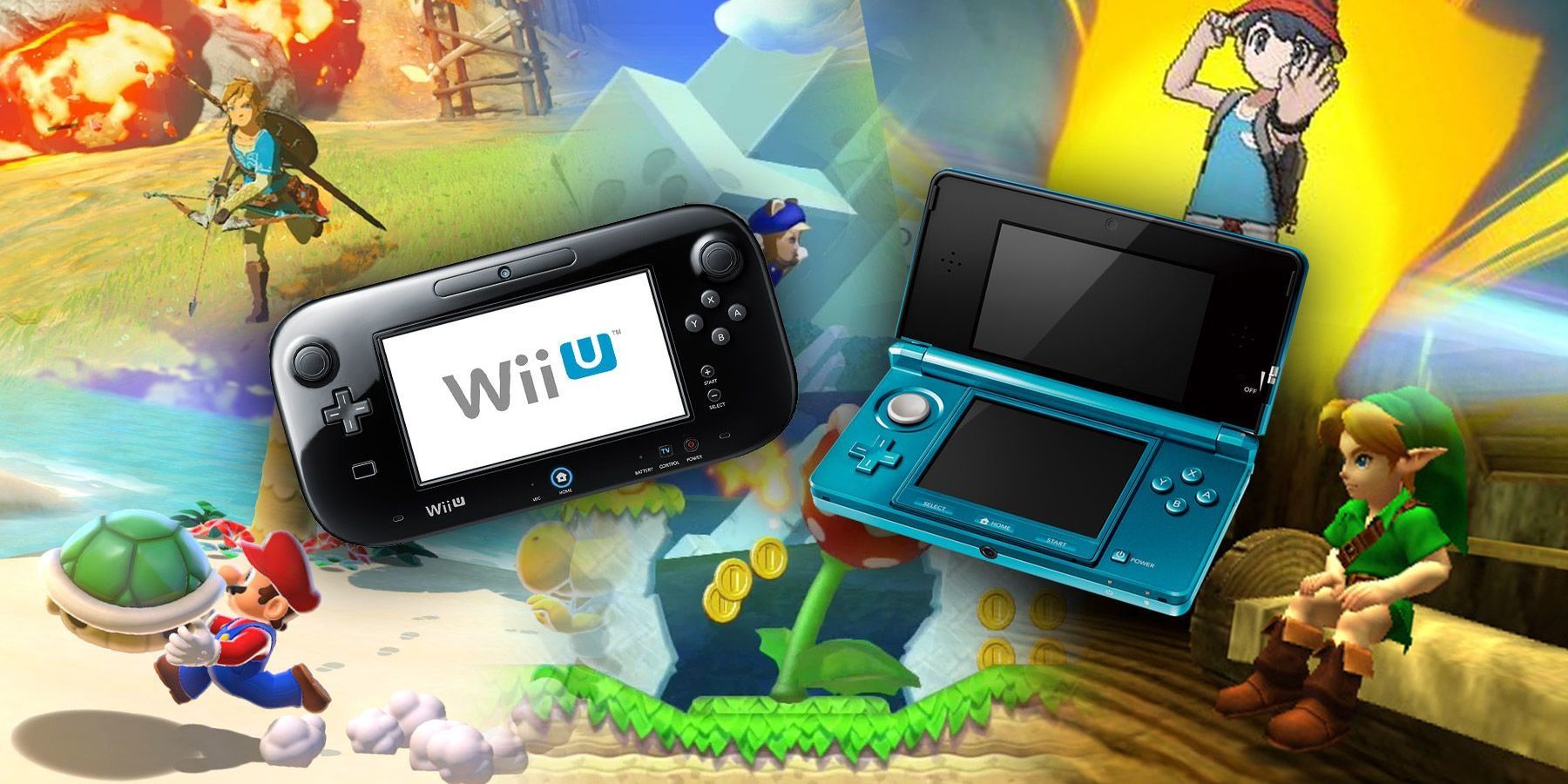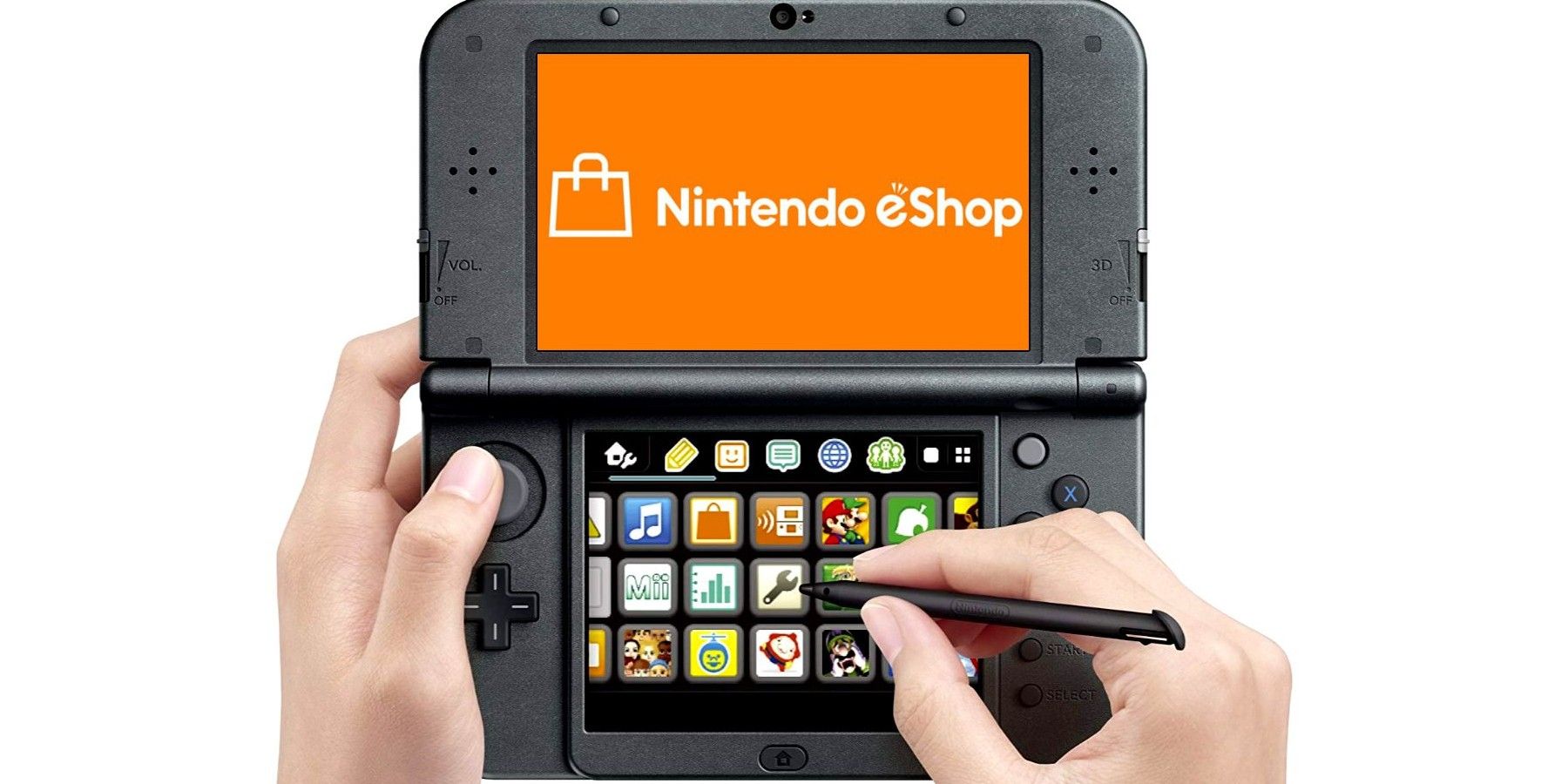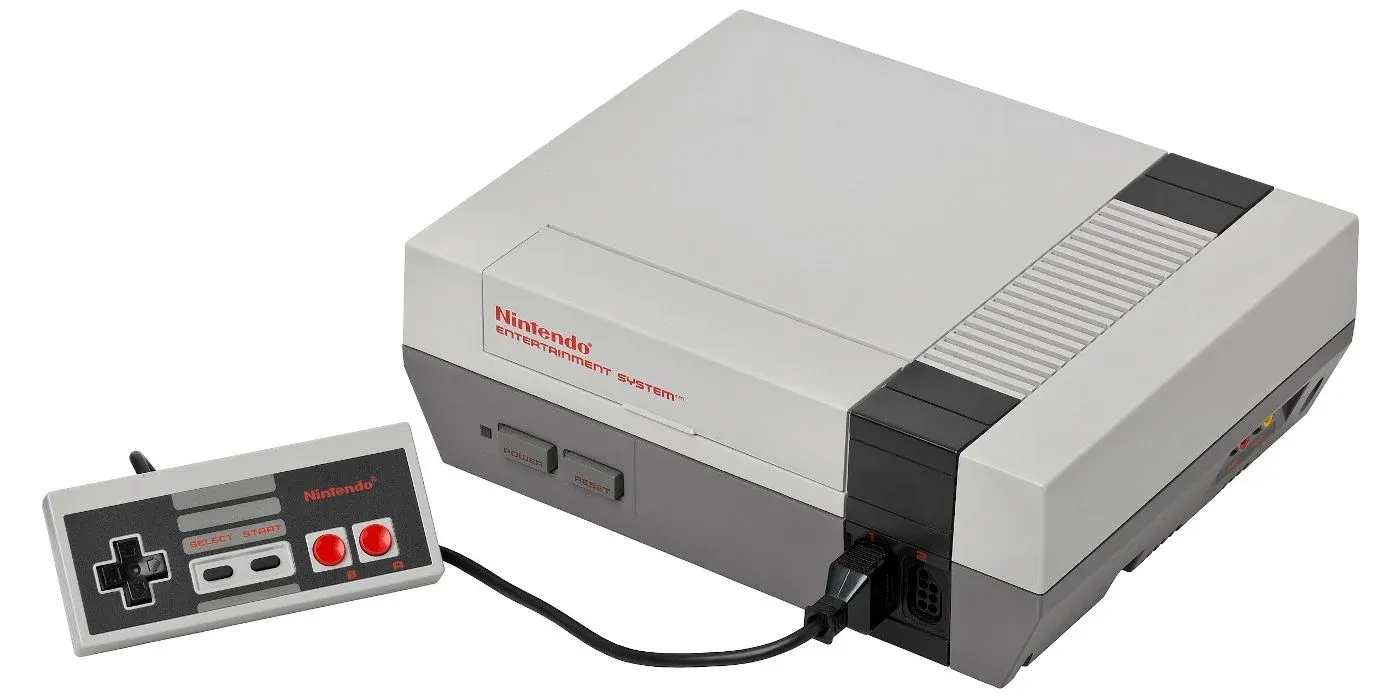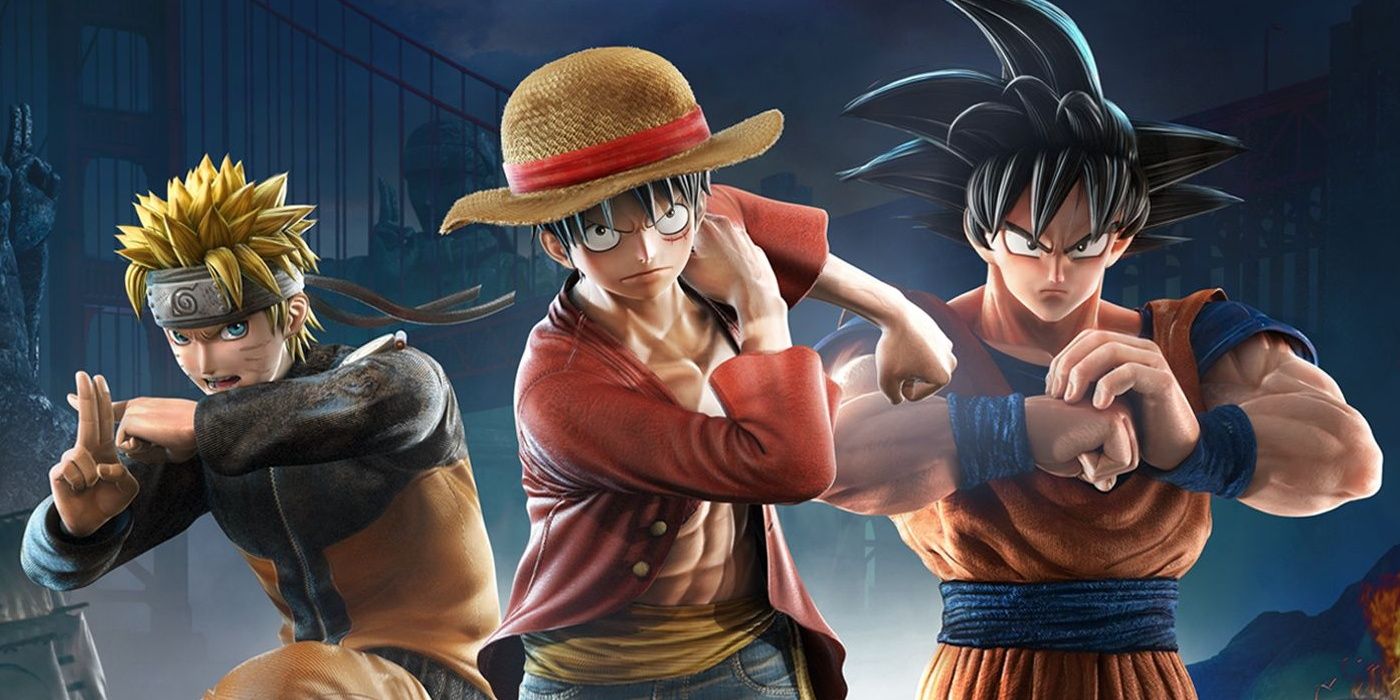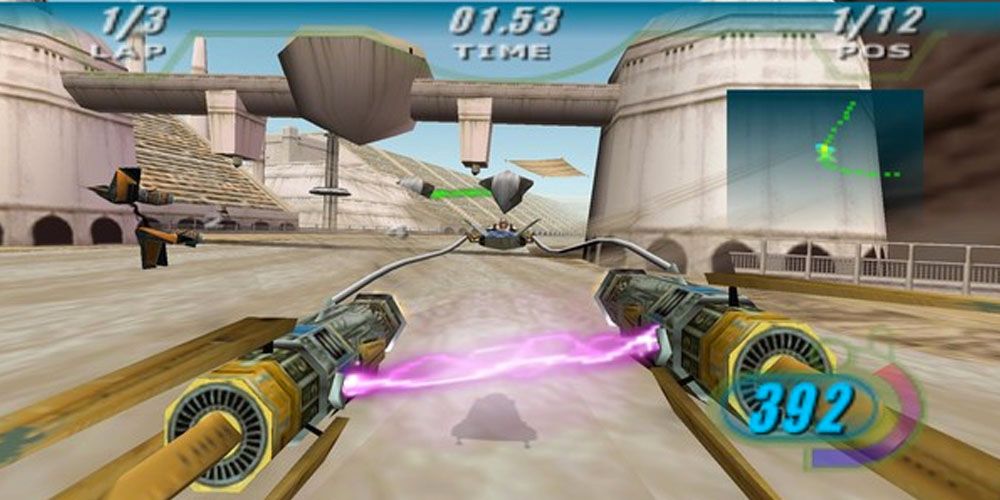Nintendo has recently announced that it is shutting down the Nintendo eShop on Wii U and Nintendo 3DS by March 2023. The ability to buy games and DLC with a credit card will end on May 23, 2022, and the ability to redeem eShop cards will cease on August 29, 2022. After March 2023, players will not be able to buy or download new games, in-game content, demos, and free to play games. They will still be able to download previously purchased content after the shutdown for an undisclosed amount of time.
The closure of the Nintendo eShop on Wii U and 3DS is just another example of why video game preservation is needed. Thousands of digital only titles will no longer be able to be accessed, and the virtual console will be inaccessible. All of those titles that developers plunged their hearts into will no longer be accessible by players, only the titles that received physical releases or that have already been purchased will be able to be played.
A Brief History of Digital Storefront Closures
Nintendo's decision to close down the Wii U and 3DS eShop is not the first time that it shut down a digital storefront. Nintendo previously shut down the Wii Shop Channel on the Wii back in 2019. Players were no longer able to purchase new titles for the Wii and were only able to re-download previously purchased items temporarily, something that removed access to hundreds of digital only titles.
Nintendo is not the only company that chose to discontinue its storefront. In early 2021, Sony announced that it would be closing the PlayStation Store on PS3, PS Vita, and PSP. This announcement was met with much outcry as players demanded Sony reverse its decision. Sony eventually did choose to keep the PS3 and PS Vita stores alive, but the PSP's was still shutdown. While the PSP did not have the number of digital only titles that the other two consoles had, it still had a decent amount, like Armored Core: Last Raven Portable.
If a game does not receive a physical release before these digital storefronts close, then players can no longer purchase it. The games become lost and inaccessible, impossible to track down. Games with physical releases can still be found in stores, but as more titles become digital only, the risk of them vanishing only increases.
Part of The Problem Resides in Hardware
The problem with video game preservation is not reserved to just the closure of digital storefronts. When a new generation of consoles comes around the trend was that the previous generation would be left behind, that was up until the last couple generations where there has been an emphasis placed on backwards compatibility. That emphasis did not exist generations ago, and many games were lost to players unless they were willing to track down the hardware to play the games on.
If someone wants to check out Pokémon Yellow, they have to hunt down a Gameboy to play it on. If a player has a craving for the original Dynasty Warriors, then they have to hook up a PS1. If they really want to check out Dino Crisis 3, then they better have an Xbox on hand. The barrier to check out some of these classics can be extreme, as players have to have the money for the hardware, the means to get the hardware, and the money for the game itself; if they can even find the game.
Game Licensing Can Also Cause Issues
Access to hardware and digital storefronts has a large effect on what games someone can access, but so does the licensing. Games like Legend of Korra, Transformers: Devastation, and even Jump Force have all been forced to delist due to licensing issues. While Jump Force did receive a physical release, the other two titles did not and are no longer accessible. Failure or disinterest in renewing a license causes video games to disappear from store shelves. Many games have been lost, only accessible to those who purchased the title before it got delisted. All that passion that was poured into the title goes out the window as newcomers can no longer experience it.
Ongoing Preservation Efforts
While all of this may seem grim, there are preservation efforts underway. Players who want to play older titles but do not have the means of tracking down the hardware have been exploring console emulators, software that allows them to play old school titles on current hardware. Xbox, Sony, and Nintendo have also all made versions of emulators for their platforms; Xbox has the backwards compatibility program, Nintendo has the Virtual Console and Nintendo Switch Online membership, and Sony has PlayStation Now. Each of those services allow players to access titles from the publishers' past consoles, and Nintendo has even begun exploring other consoles with Sega Genesis games.
In recent years, developers have also taken the porting or remastering route more often. The studios either take the existing game and bring it over to modern day consoles, like Star Wars Episode 1: Racer on Switch, or have elected to remaster/remake the entire game, like Mafia: Definitive Edition and Crash Bandicoot N. Sane Trilogy. While this forces players to repurchase titles they may have owned on previous consoles, it does allow the older titles to live on.
There have also been many organizations that have been focusing on video game preservation. There is The Hidden Palace, the Video Game History Foundation. The National Videogame Museum, The Centre for Computing History, The Videogame Heritage Society, Game Preservation Society, and even the Library of Congress, just to name a few. Each organization has dedicated resources to preserving video games and video game hardware for the foreseeable future.
While there are some video game preservation efforts occurring, it is only the first step. As more digital storefronts follow the Nintendo eShop closure, and the industry commits to the digital space, there will be even more games at risk of disappearing forever. Preserving video games allows these passion projects not to be lost forever, and lets players experience the expansive history of the industry.

